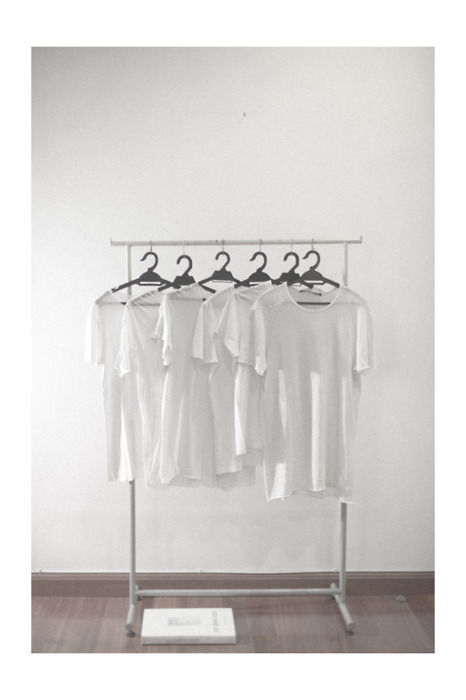CH7 Business Marketing
"Business Marketing is the marketing of goods and services to individuals and organizations for purposes other than personal consumption. "
Recently, Muji cooperates with
Muji looks mainly providing personal consumption. Because of trying to establish the brand image as a lifestyle and make more and more people notice it, MUJI spreads out overseas. Sometimes, Muji tries to do some activities and collaborate with other company to advocate the brand philosophy and new products. On Muji's global website, if you have iPhone of iPad, then you can purchase the Muji apps.

Also, the project "Global Inspiration: Japanese Rooms from Muji X Idee" for example, they build up an apartment with Muji and Idee furnitures, which is good packaging design for both brands.
 IDÉE Co., Ltd. is active in the home furnishing business, planning, manufacturing and selling original home furniture. Besides retailing products including its original furniture and sundries, antiques, curtains and rugs, IDÉE engages in space-related production, design and consultation. It also has various other lines of business including restaurants and a flower business. IDÉE proposes comprehensive lifestyles. In 2010, they succeeded in achieving cost reduction through application of the Ryohin Keikaku Group infrastructure, expanding store sales as well as online shopping and planning sales, and establishing a stable profit structure by reinforcing information transmission by actively holding design events.
IDÉE Co., Ltd. is active in the home furnishing business, planning, manufacturing and selling original home furniture. Besides retailing products including its original furniture and sundries, antiques, curtains and rugs, IDÉE engages in space-related production, design and consultation. It also has various other lines of business including restaurants and a flower business. IDÉE proposes comprehensive lifestyles. In 2010, they succeeded in achieving cost reduction through application of the Ryohin Keikaku Group infrastructure, expanding store sales as well as online shopping and planning sales, and establishing a stable profit structure by reinforcing information transmission by actively holding design events.http://www.apartmenttherapy.com/ny/muji-meets-idee-rooms-150165
http://www.muji.net/mujilife/idee/
Muji not only collaborates with home furnishing company but also the fashion designers such as Yoji Yamamoto.
http://www.tumblr.com/tagged/yohji-yamamoto?before=1319617297
Simplicity is the Key
Why I love MUJI…
I love Muji because it stands for simplicity, practicality and design.
Muji items looks at the staples of design and their basics hardly ever changes.
Did you know they have well known fashion designers working on their clothes?
MUJI= NO BRAND QUALITY GOODS.
2007 A/W was Yohji Yamamoto.
I remember a man coming into the store in Oxford Street and buying up 8 winter coats, saying he was going to sell them on at a higher price. He said if they were selling in Liberty they would be selling at 4 times the price…probably true.
It’s funny though, because MUJIs fashion doesn’t sell very well in the UK. But because of what the company name stands for, they were not allowed to publicise their designers.

MUJI T-shirts on a MUJI rail…

































